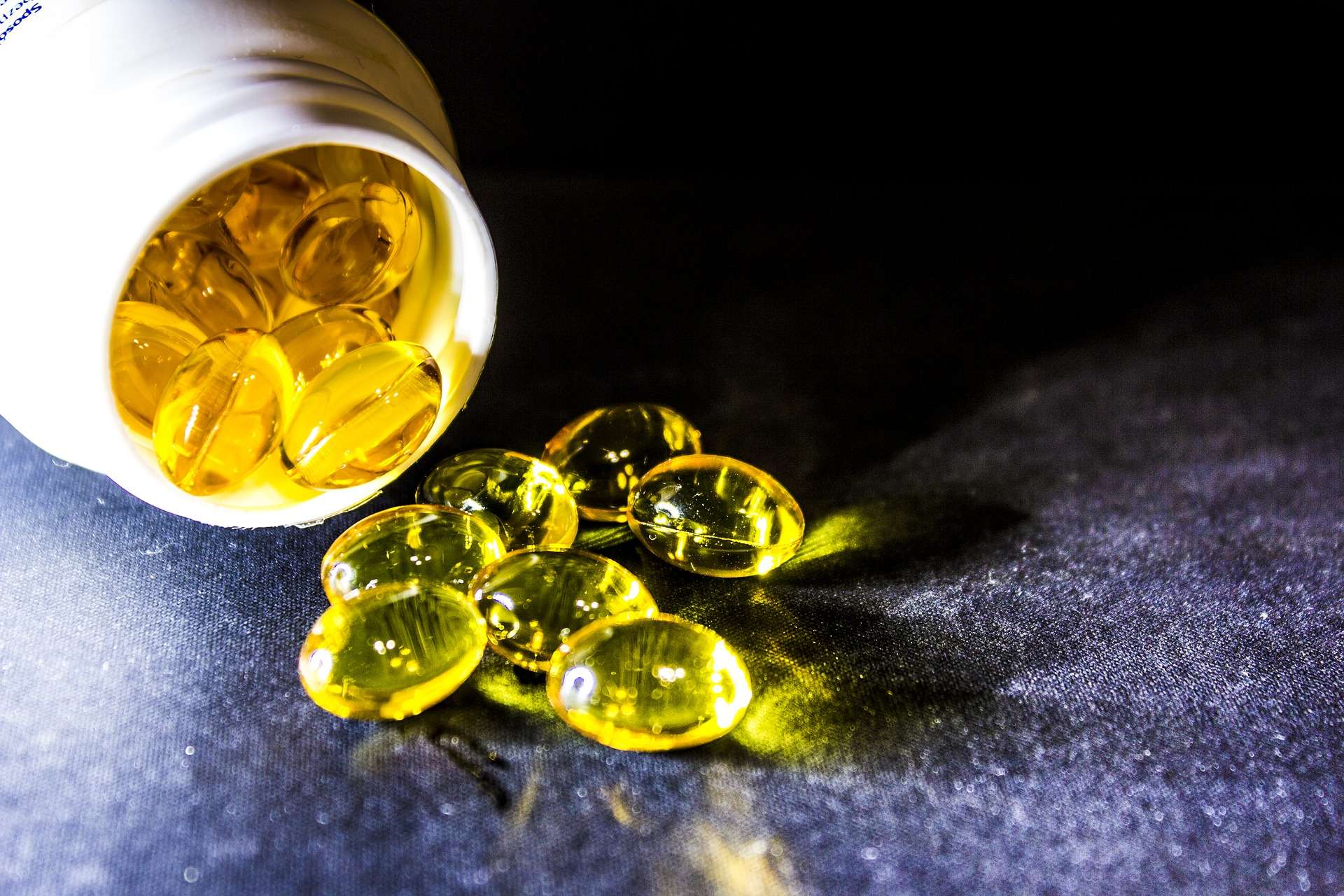
Although many people tend to focus more on vitamins, the truth is that minerals are just as important for your body and your overall health. Unfortunately, many people don’t get enough of these essential minerals due to poor diet. In severe cases, this can eventually lead to a mineral deficiency, which has the potential to cause a wide range of serious health problems. For this reason, it is essential that everyone knows which minerals are most important and what to eat to ensure that your body gets enough of each.
Most Important Minerals for Your Health
Calcium. Calcium is essential for maintaining strong, healthy bones. However, it also plays a role in regulating cholesterol and blood pressure as well as being important for heart health. In addition to dairy products, other good sources of calcium include leafy green vegetables, salmon, sardines, broccoli, and oysters.
Iron
Iron plays a role in boosting your immune system, but its most important function relates to your blood. In this sense, iron is an essential building block for red blood cells that transport oxygen throughout your system. Good sources of iron include liver, lean meats, shellfish, seeds, nuts and legumes (beans, lentils, chickpeas, peanuts, etc.).
Zinc
Zinc helps support many functions, including reproduction and sexual health, liver function and maintaining healthy eyes. It is also a powerful anti-oxidant that boosts the immune system and helps with wound healing. Beans, whole grains, mushrooms, seafood and most brightly colored fruits and vegetables are all great sources of zinc.
Magnesium
Magnesium plays an important role in many important bodily reactions and directly contributes to many vital functions. It is especially important for the health of your brain, kidneys, and heart. Good sources of magnesium include leafy greens, legumes, seeds, nuts and whole grains.
Phosphorous
Phosphorous works in much the same way as calcium in keeping your bones and teeth strong and healthy. In addition, it is one of the primary building blocks of your cells and is essential for keeping them healthy and in producing energy. Meat, eggs, dairy, mushrooms, legumes, and nuts are the best sources of phosphorous.
Dangerous Minerals to Avoid
While all of the above minerals are vital to keep your body and mind functioning optimally, there are also a number of potentially harmful minerals that you’ll want to avoid. Unfortunately, many of these minerals are often present in the local water supply, which means it’s a good idea to regularly have your water tested by a company like Water-Pro and potentially install a filtration system to eliminate any harmful minerals or other contaminants.
Some minerals like iron, chloride, manganese, and copper aren’t necessarily harmful, but they can cause your water to taste or smell funny and can also lead to mineral deposits and even corrosion. However, a much worse problem is lead, as this metal can cause serious health problems or even death and is commonly found in older plumbing pipes and water-service lines.
Striking the Right Balance
Minerals play a hugely important role in your overall health and well-being. However, some minerals also have the potential to seriously harm your health. For this reason, it is vital that you focus on ensuring you take in enough of the essential minerals, while also doing whatever you can to limit your exposure to the harmful ones. By doing so, you’ll give yourself a much better chance of living a long, happy and healthy life.

